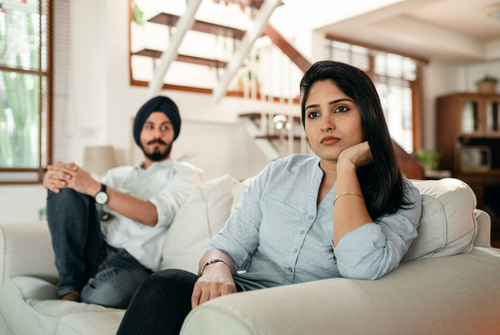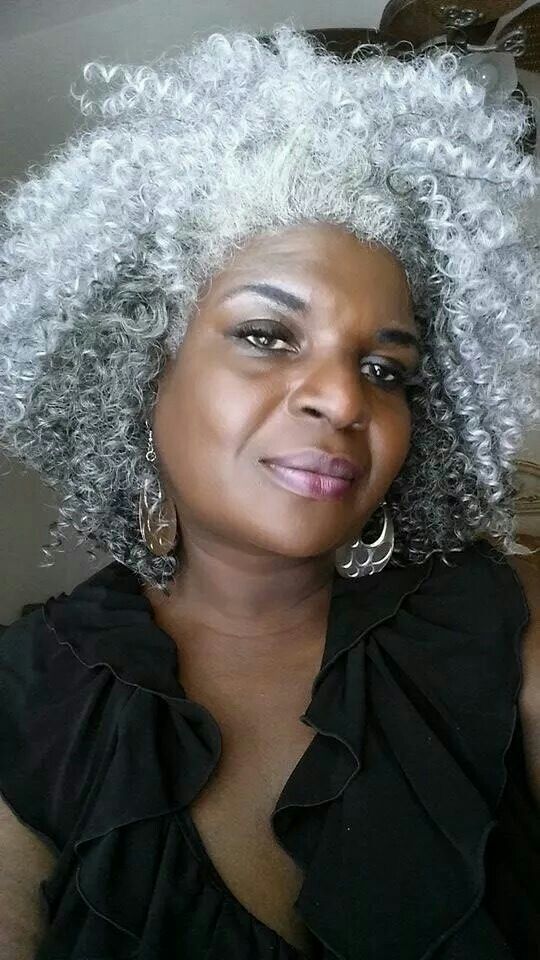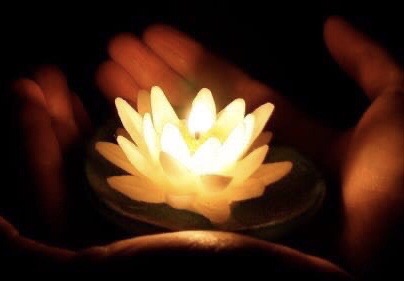Posts Tagged ‘empowerment’
Starting Over After Divorce at 50: Five Stories on Finding Yourself
Our relationships are powerful elements in our lives, which is a major reason why starting over after divorce at 50 (or any age!) can be such a pivotal moment. Realizing your marriage is no longer viable can make you feel that your entire life is over and that there is nothing to look forward to.…
Read MoreTop Reasons for Divorce. Are You Living This?
Suspicious of getting trapped in a marriage that might erode, my friend and I used to joke that we could get our peers to leave a perfectly good relationship. In remaining single, we weren’t necessarily afraid of the infamous “Top Five Reasons” for divorce. It was more of a disinclination to trade freedom for emotional…
Read More35 Divorce Survival Strategies & Insights from Divorced Women
Divorce: it’s one of the most isolating, unraveling, confusing experiences you can go through. And the fact that millions of women have survived it or are going through it alongside you doesn’t make you feel less alone. But what if you could tap into the divorce survival strategies of these women? What if you could…
Read MoreHow to Overcome the 6 Hardest Things About Life After Divorce
People talk a lot about what it’s like to get a divorce, but those conversations don’t often extend to what life after divorce is like. Because, unless you’ve been divorced, you don’t quite get what this next phase is really all about. During divorce, there’s a certain process: you have items to research, things to…
Read MoreWhat Does a Gray Divorce Mean for You?
On the subject of gray divorce, it seems that there’s an elephant in the room. The divorce rate is slowing for millennials and younger age groups largely because people are waiting longer to marry or not marrying at all. Fewer marriages mean fewer divorces, and the fact that both men and women now have jobs…
Read MoreWomen and Divorce in Transformational Times
Those sounds you hear are the shattering of a glass ceiling and the fetters of an old patriarchal paradigm breaking wide open as something gorgeous emerges. That Something Is Us. The recent election of Kamala Harris as the first woman of color to serve as U.S. Vice President has ushered in a new frontier of…
Read MoreHow to Reconcile Unconditional Love and Divorce
All of us have the capacity for unconditional love. However, while this lofty concept is an ideal we can nurture in ourselves, it is not at all appropriate to hold ourselves to it as a gold standard if it is to the exclusion of our own well-being. For this reason, the value of unconditional love…
Read MoreHealing a Broken Heart and Moving On
In a poignant twist of synchronicity, I was tasked last week to write a piece on healing a broken heart – not realizing at the time that it would echo a much larger collective voice – that of American leaders describing the heart of a nation that broke — hopefully open — on January 6.
Read More10 Mind-Blowingly Good Things About Life Post-Divorce
Divorce is nothing to look forward to. It’s certainly not a line item on your walk-down-the-aisle bucket list. So imagining your life post-divorce isn’t likely to be on your radar until you are in the throes of losing your marriage. It’s also not likely to leave you feeling hopeful about your future. But divorce, like…
Read More








